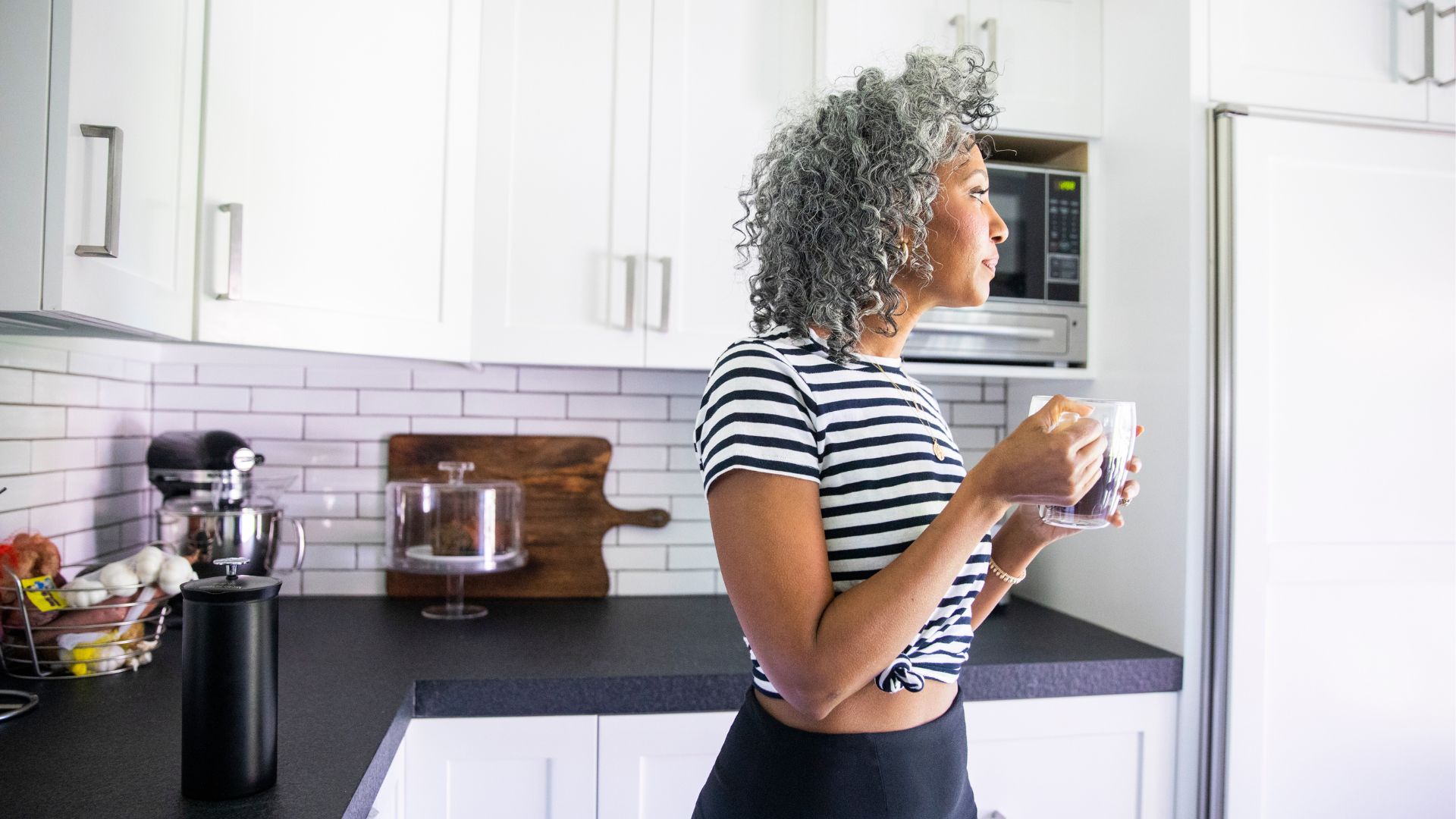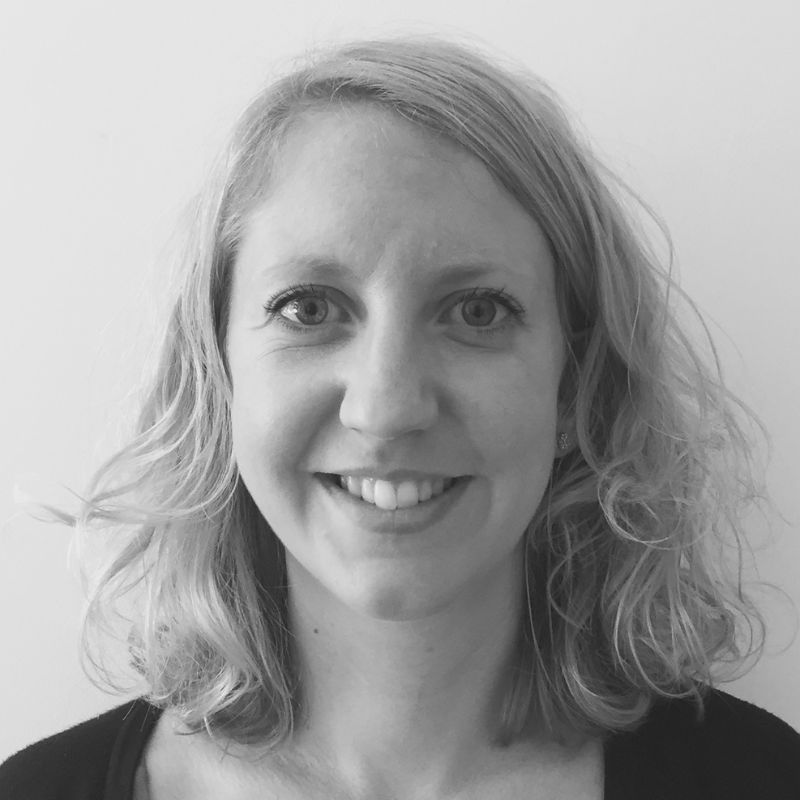
A rough night of sleep can have many of us reaching for coffee before even opening our eyes or acknowledging our family members. Caffeine has become a part of the morning routine for many of us with busy lives and disrupted sleep. But is drinking it really the best thing to do to make us feel more alert and energised?
While caffeine drunk in coffee, tea and soft drinks will boost our mood and help us feel less tired in the short term, it can’t replace the sleep we lose overnight. In fact, experts say it reduces the quality of our sleep. “It will delay when we fall asleep, reduce the amount of time that we sleep for, and make sleep feel less satisfying,” says Professor John Young, a scientist from Teesside University.
“When we’re lacking sleep, many of us will seek caffeine, in one form or another. And while many studies have shown it helps boost alertness, it doesn’t improve the ability to problem solve, which is reduced when we’re sleep deprived," says Professor Young. So, coffee might help keep you awake but making it through the rest of the day won't get any easier.
Instead, the professor recommends a quick workout as an alternative to caffeine to boost your energy levels. Research published in the Physiology and Behavior Journal has previously found that doing moderate exercise - an intensity that raises your heart and breathing rate but where you can still hold a conversation - can be significantly more effective than coffee for coping with sleep deprivation.
“We’ve recently shown that even a small amount of moderate exercise can help combat the effects of sleep deprivation," he says. "A walk, bike ride, swim, or trip to the gym should help with mental processes - memory, decision-making, risk-taking behaviour, and judgement - that are otherwise greatly impacted.”
Exercise also increases blood flow, lowers cortisol levels, and improves mood, all of which help the brain function better even when sleep is lacking, he notes.
Studies, including research led by the University of Bari, have shown that as little as 10 minutes of outdoor or indoor exercise can make a difference, with participants seeing improvements in attention levels and executive functions.
Sign up to our free daily email for the latest royal and entertainment news, interesting opinion, expert advice on styling and beauty trends, and no-nonsense guides to the health and wellness questions you want answered.
Sleep impacts many parts of our lives. We can all be susceptible to bad moods or feeling stressed when we're exhausted but exercise can help with this by producing endorphins and increasing blood flow to our brain, improving productivity even when we've not had enough sleep.
Tips for improving your sleep
- Don't drink coffee after 12pm: As is clear from Prof Young’s comments, reducing your caffeine intake, or being conscious of when you’re drinking it, can be really effective if you're looking to learn how to sleep better. “The effects of caffeine take between two and 12 hours to fully wear off,” he says. “A recent analysis of many published studies concluded that a nine-hour gap between the last caffeinated drink and bedtime should be the goal to avoid affecting the duration and quality of our sleep - so we really should be avoiding caffeine in the afternoon and evening.”
- Avoid high-energy exercise close to bedtime: High-impact exercise can naturally raise your cortisol levels, which won’t help you get to sleep. So if you're looking for a final energy boost before you wind down for bed, stick to exercises like somatic Pilates and beginner's yoga stretches. These can be great for relaxation, mindfulness and de-stressing before bedtime.
- Establish a good bedtime routine: Getting into a good pre-bed routine can also really help with the quality of sleep you get. Try a bath, switching off your phone, and reading a book before turning out the light.
- Make sure to keep your room dark: Keeping your room cool, dark and quiet will also help you drift off, and hopefully stay asleep. Try meditation and breathing exercises to neutralise the ‘fight or flight’ response mentioned above and help your body release the sleep hormone melatonin.
- Look at other causes: Insomnia and other sleep issues can become more prevalent as we go through perimenopause, with up to 60% of women experiencing menopausal insomnia. Coffee can become even more of a crutch during the day to help us get through. If you think you're experiencing symptoms, talk to your doctor.

Kat Storr has been a digital journalist for over 15 years after starting her career at Sky News, where she covered everything from world events to royal babies and celebrity deaths. After going freelance eight years ago, she now focuses on women's health and fitness content, writing across a range of UK publications.
From perimenopause to the latest fitness trends, Kat loves researching and writing about it all. She's happy to give any fitness challenge a go and speaks to experts about wellbeing issues affecting people every day.
